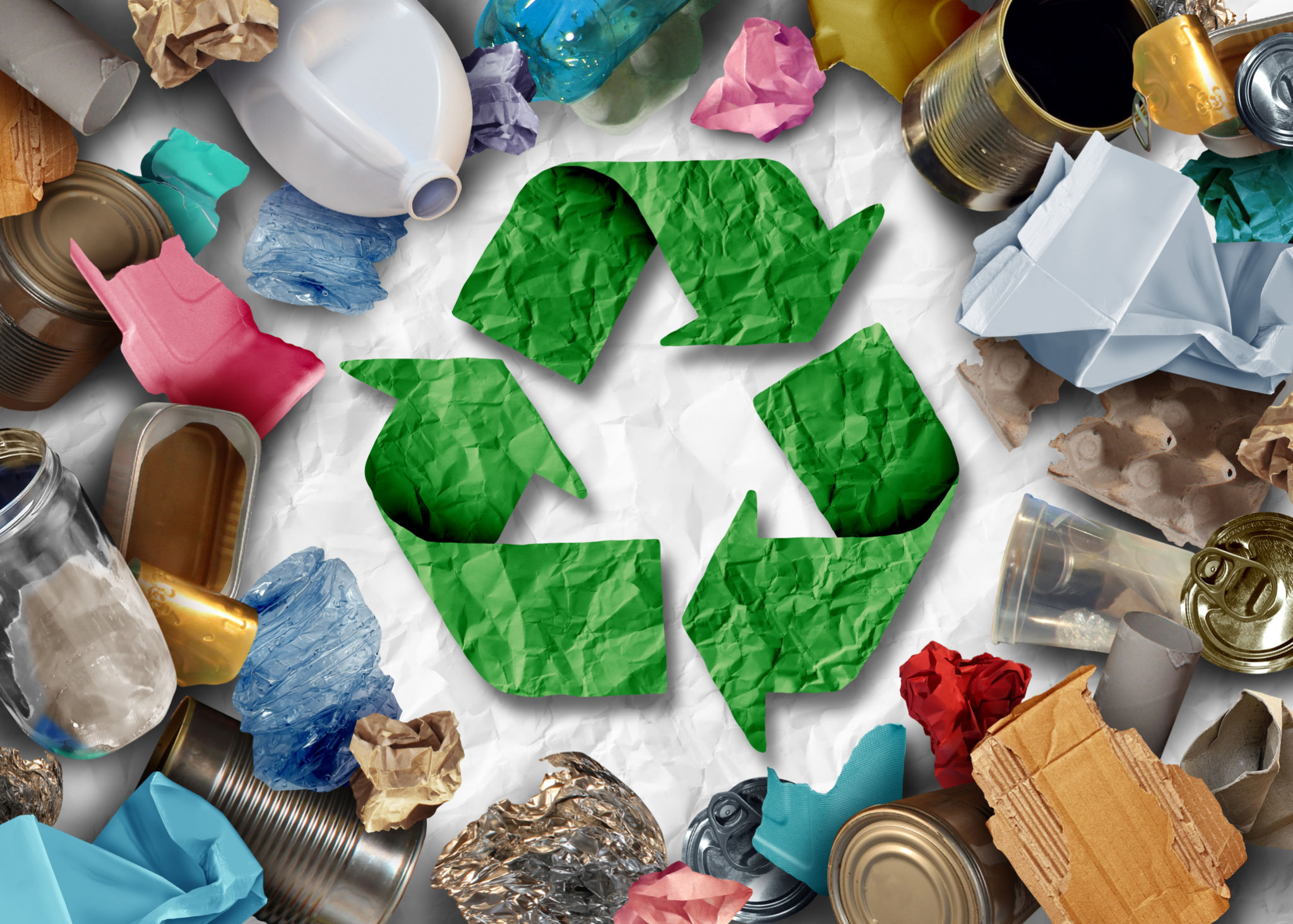5 Common Mistakes When Disposing of Appliances and How to Avoid Them
JG
Understanding Appliance Disposal
As technology continues to evolve, the lifespan of household appliances tends to shorten, leading to frequent disposal. However, improperly disposing of appliances can have negative environmental impacts and even legal repercussions. Understanding the most common mistakes and how to avoid them is essential for responsible disposal.

Not Removing Hazardous Materials
Many appliances contain hazardous materials such as refrigerants, oils, and mercury. Failing to remove these substances before disposal can harm the environment and pose health risks. It's crucial to either hire a professional to handle the removal or carefully follow local guidelines to ensure these materials are safely extracted.
Ignoring Local Regulations
Disposal regulations can vary widely by location. Some areas have specific requirements or designated facilities for appliance disposal. Ignoring these regulations can result in fines and improper disposal methods. Contact your local waste management authority to understand the rules in your area and ensure compliance.

Not Considering Recycling Options
Many appliances are made of materials that can be recycled, reducing waste and conserving resources. Unfortunately, some people overlook recycling options and send their old appliances straight to the landfill. Before disposing of an appliance, research local recycling programs or inquire with retailers about take-back services.
Improperly Donating or Selling
Donating or selling old appliances can be a great way to extend their life cycle, but it's important to ensure they're still functional and safe. Attempting to donate or sell broken or unsafe appliances not only poses risks to new users but can also lead to wasted effort if the items are rejected. Always check the condition of your appliances before choosing this route.

Failing to Remove Personal Data
Modern appliances, like smart fridges or washing machines, may store personal data such as Wi-Fi passwords or usage patterns. When disposing of these devices, it's important to reset them to factory settings or manually erase any stored data to protect your privacy.
Conclusion: Making Informed Choices
Avoiding these common mistakes when disposing of appliances requires a bit of effort and research. By doing so, you contribute positively to environmental sustainability and adhere to legal requirements. Remember always to seek out knowledgeable resources or professionals if you're unsure of the proper disposal methods for your specific appliances.